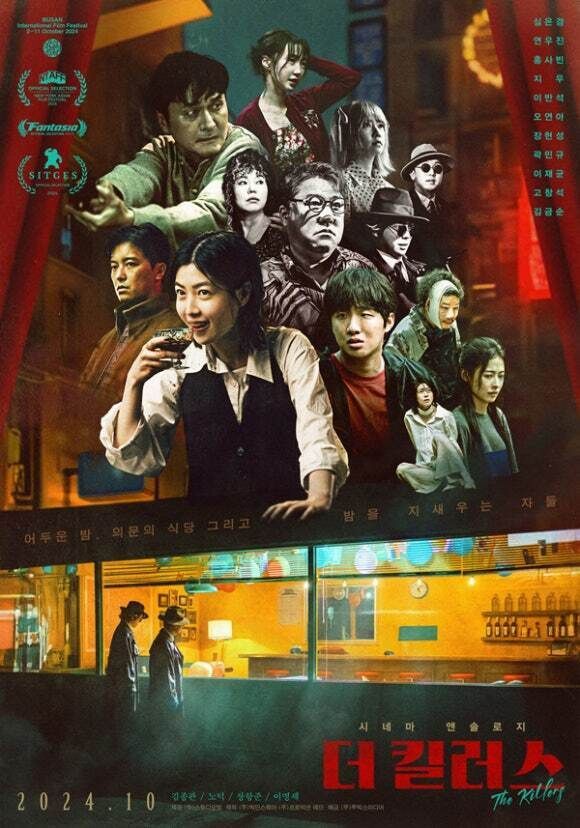The Killers: What's in This Title?
🪦 Four Korean directors pay eclectic homage to Ernest Hemingway’s short story "The Killers" in a cinematic anthology by the same name. So what’s in this title? A killer dilemma.
🎬 Main trailer (English subs):
🎬 About the film: cultureflipper.com/blog/the-killers

Korean filmmakers have a naming choice when it comes to stories about killers. They can use the Korean word "sarinja" (살인자) or the transliterated English word "killer" (킬러). In this film’s case, transliteration is a no-brainer given Hemingway’s original title, but the choice is not so clear in many cases.
Of course, when there’s a wordplay involved in the title, such as A Killer Paradox (살인자ㅇ난감) or Kill Boksoon (길복순), the choice is made for you. In English, the main difference between the words “killer” and “murderer” may be premeditated intent or motive, but this distinction doesn’t exist in Korean. Just as in English, however, “killer” does have strong connotations of contract killing, which is probably why the title of the book "Sarinjas’ Shopping Mall" (살인자의 쇼핑몰) was changed to "A Shop for Killers" (킬러들의 쇼핑몰) for TV adaptation.
Ironically, serial killers tend to take on "sarinja" (살인자, meaning killer) as in the iconic films "Murderer" (살인자) and "Memoir of a Murderer" (살인자의 기억법).
But who can keep up with all this? “Kill” is a killer word for selling films in English and in Korean. Very convenient to throw in when you have a tough film title to translate. In fact, the 2014 film The Protégé used it twice in the localized Korean title: 킬링 카인드: 킬러의 수제자 (Killing Kind: A Killer’s Top Apprentice).
10.26.2024

